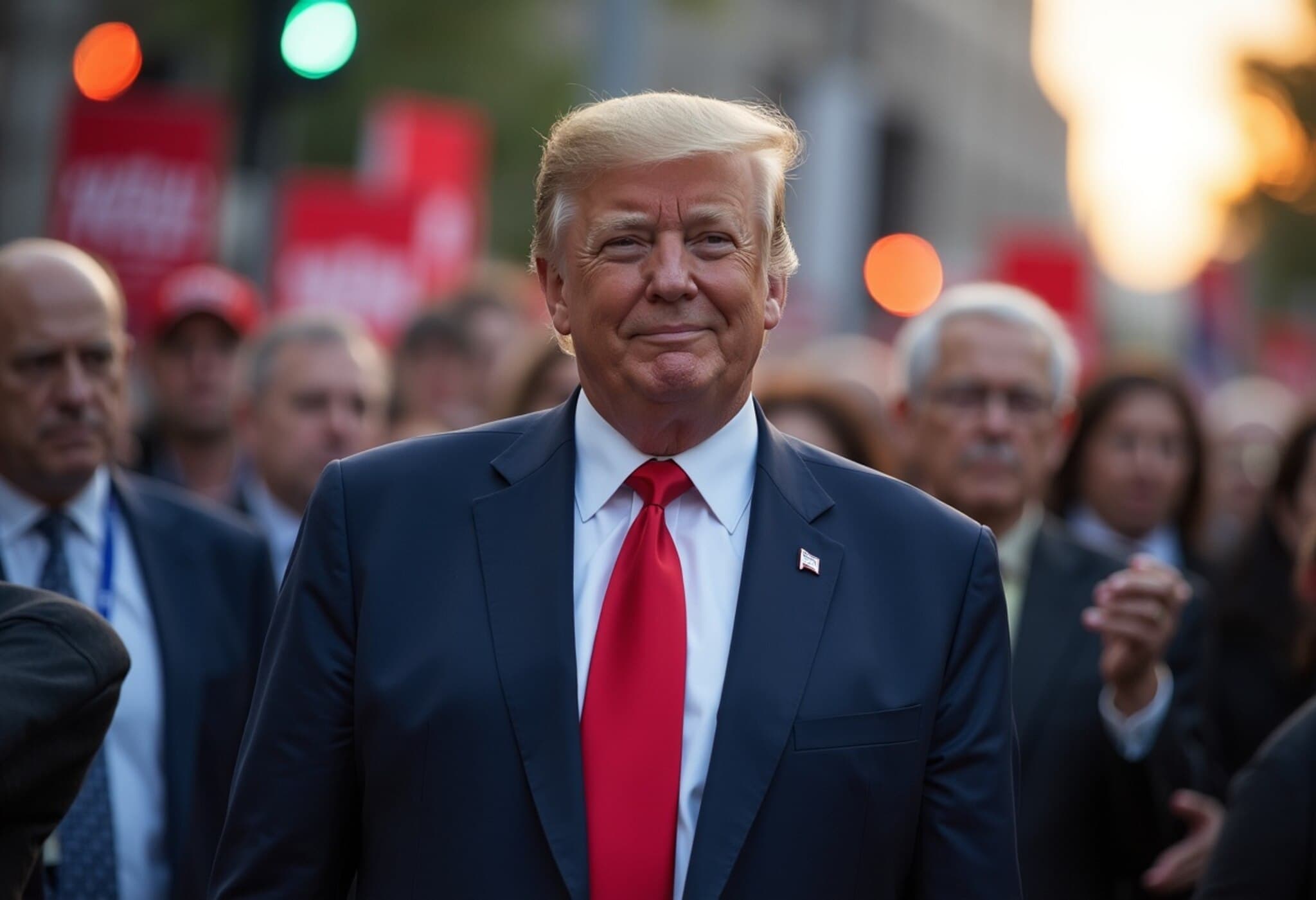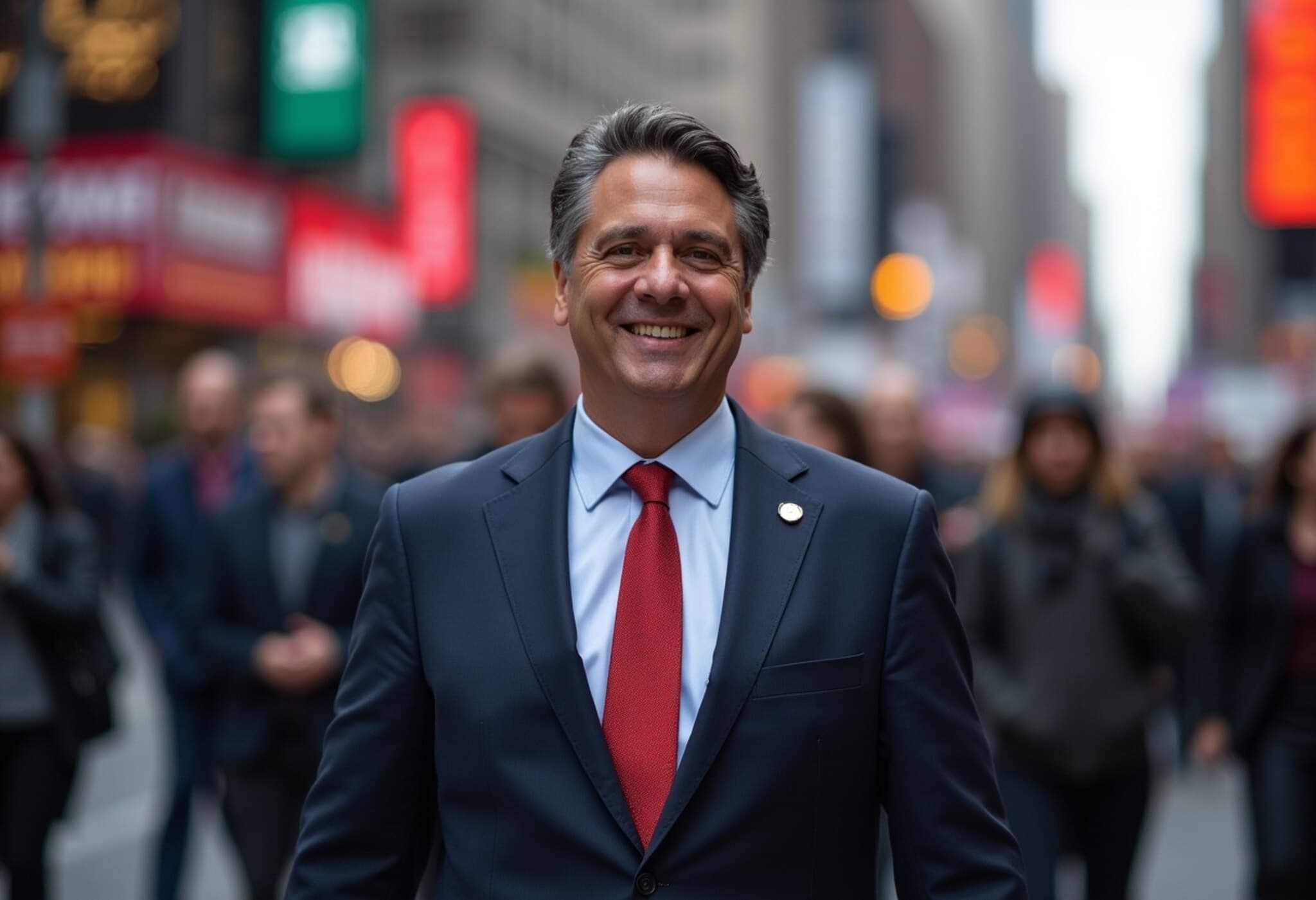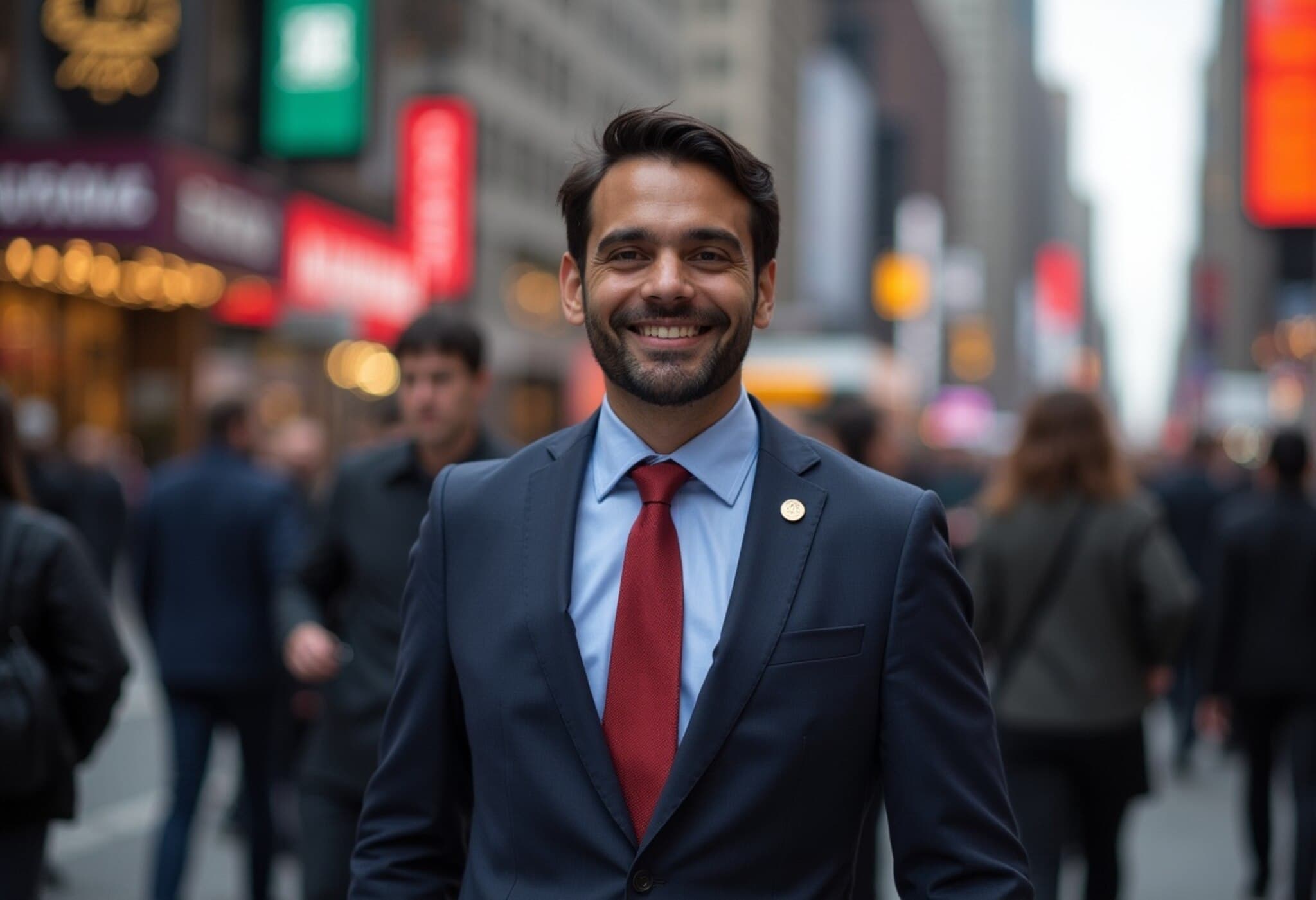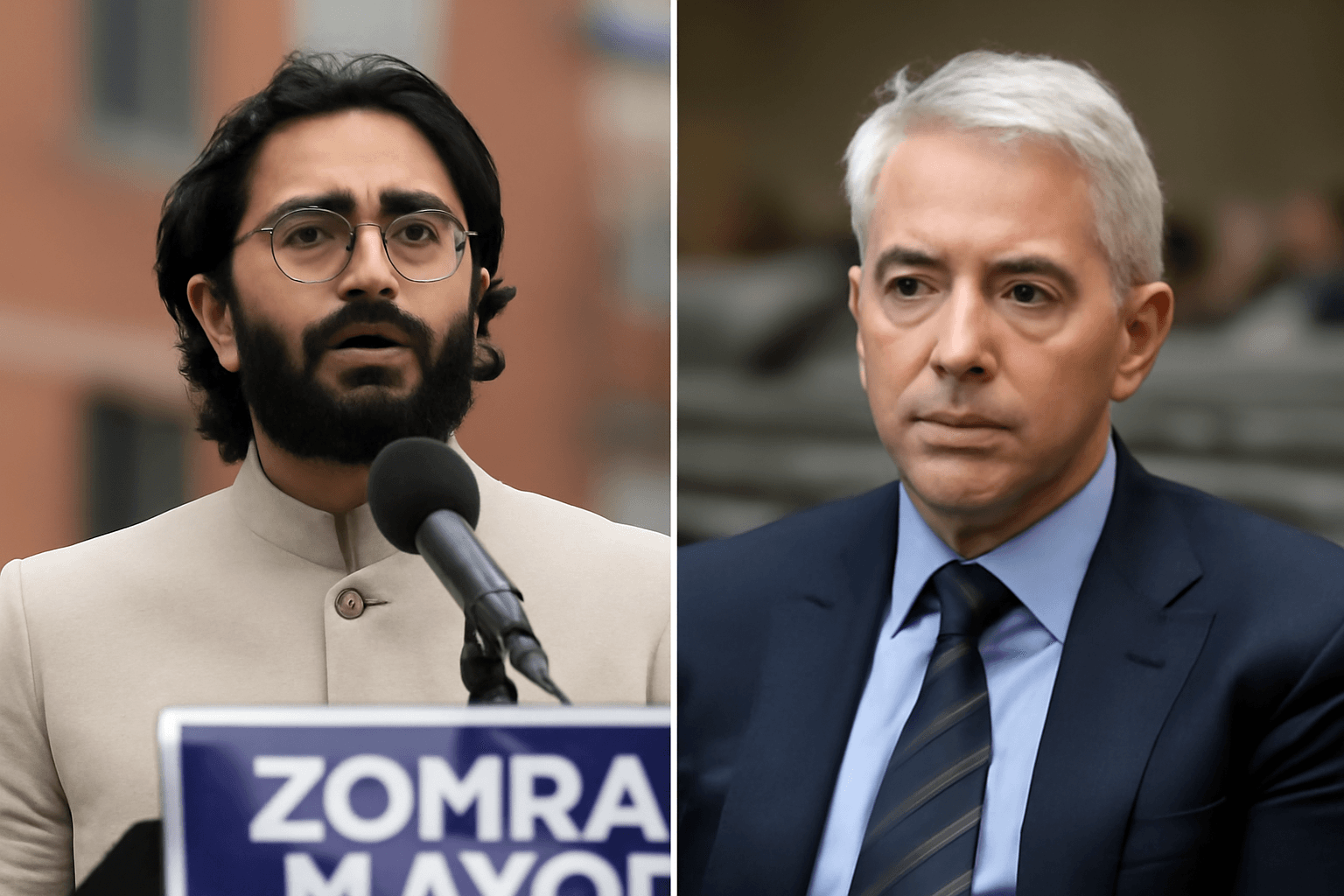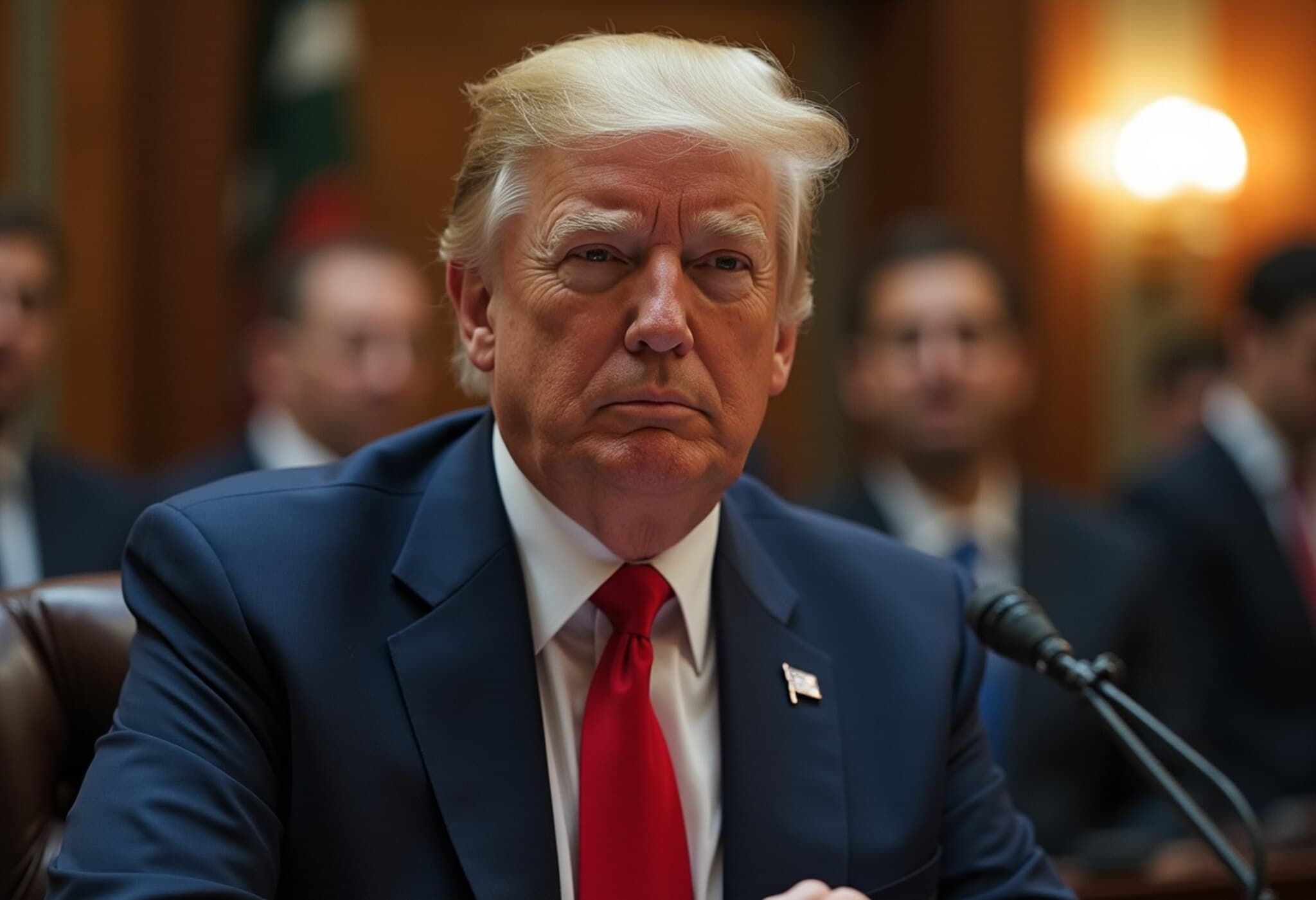GOP's Financial Lead Widens Ahead of 2026 Midterm Elections
As the political landscape gears up for the 2026 midterm elections, the Republican National Committee (RNC) is sitting on a substantial cash advantage over its Democratic counterpart. At the end of May 2025, the RNC reported a robust $72 million in funds on hand, outpacing the Democratic National Committee (DNC), which held just $15 million. This $57 million gap represents the widest funding disparity between the two parties since mid-2020.
Fundraising Challenges and Internal Strife Weaken Democrats
The Democrats' fundraising struggles come amid ongoing internal tensions following President Trump's 2024 election victory. Earlier this year, prominent labor union leaders declined to continue serving on the DNC committee, marking setbacks for Chair Ken Martin’s leadership. Additionally, controversies surrounding former DNC Vice Chair David Hogg’s recent primary challenges have added friction within the party ranks.
Such discord appears to have eroded confidence among the Democratic base and donors. Political strategist Cooper Teboe notes that the party is yet to present "a positive, inspiring vision," potentially dampening enthusiasm and contributions.
DNC Sees Record Grassroots Support in Early 2025
Despite these obstacles, the DNC highlights a strong resurgence in grassroots fundraising, with nearly $40 million raised in individual donations since Ken Martin assumed chairmanship in February. These funds are earmarked to bolster technological infrastructure, organizing efforts, and targeted state-level investments essential for competitive races.
Martin emphasized the importance of these efforts, stating, "This is only the start, but it's a record-setting start that allows Democrats to meaningfully invest in every part of the country." Moreover, the party’s current war chest stands at roughly half of what was amassed in early 2017, indicating room to recover as the campaign season unfolds.
The Road Ahead: Ambitions and Obstacles for Democrats
Fundraising expert Adrienne Elrod stresses the critical need for sustained financial momentum: "The single most important thing the DNC can and should be doing right now is raising money." She acknowledges the ambitious goals set by Chair Martin, including state-by-state investments and building modern campaign infrastructure designed to reclaim the White House in 2028.
Meanwhile, Teboe predicts that while Democrats may win some midterm seats as a backlash to perceived overreach by Trump, true rejuvenation will require new leadership and fresh voices emerging in the 2028 primaries to revive the party’s appeal.
Republicans Boosted by Major Donors and Strategic Spending
The GOP’s fundraising edge is partially credited to substantial contributions from billionaire supporters during the 2024 cycle. Elon Musk, for example, contributed nearly $300 million toward Republican campaigns, significantly easing the party’s fundraising burden.
Though Musk has indicated intentions to curtail future political spending, the infusion of funds last cycle allowed the RNC to allocate resources strategically. President Trump also maintains control over significant PAC funds from his 2024 victory, which could further bolster Republican campaigns next year.
However, Trump’s financial backing has mostly focused on his closest allies and primary challengers rather than broad party support. His endorsements of MAGA candidates sometimes alienate moderate Republicans and independent voters, potentially complicating the GOP’s path to a wider voter base.
Looking Forward
As both parties prepare for the 2026 midterms, fundraising prowess and internal cohesion will be decisive factors. Republicans currently enjoy a commanding financial advantage that could translate into a formidable campaign infrastructure, while Democrats strive to overcome internal divides and rebuild donor confidence to remain competitive.

